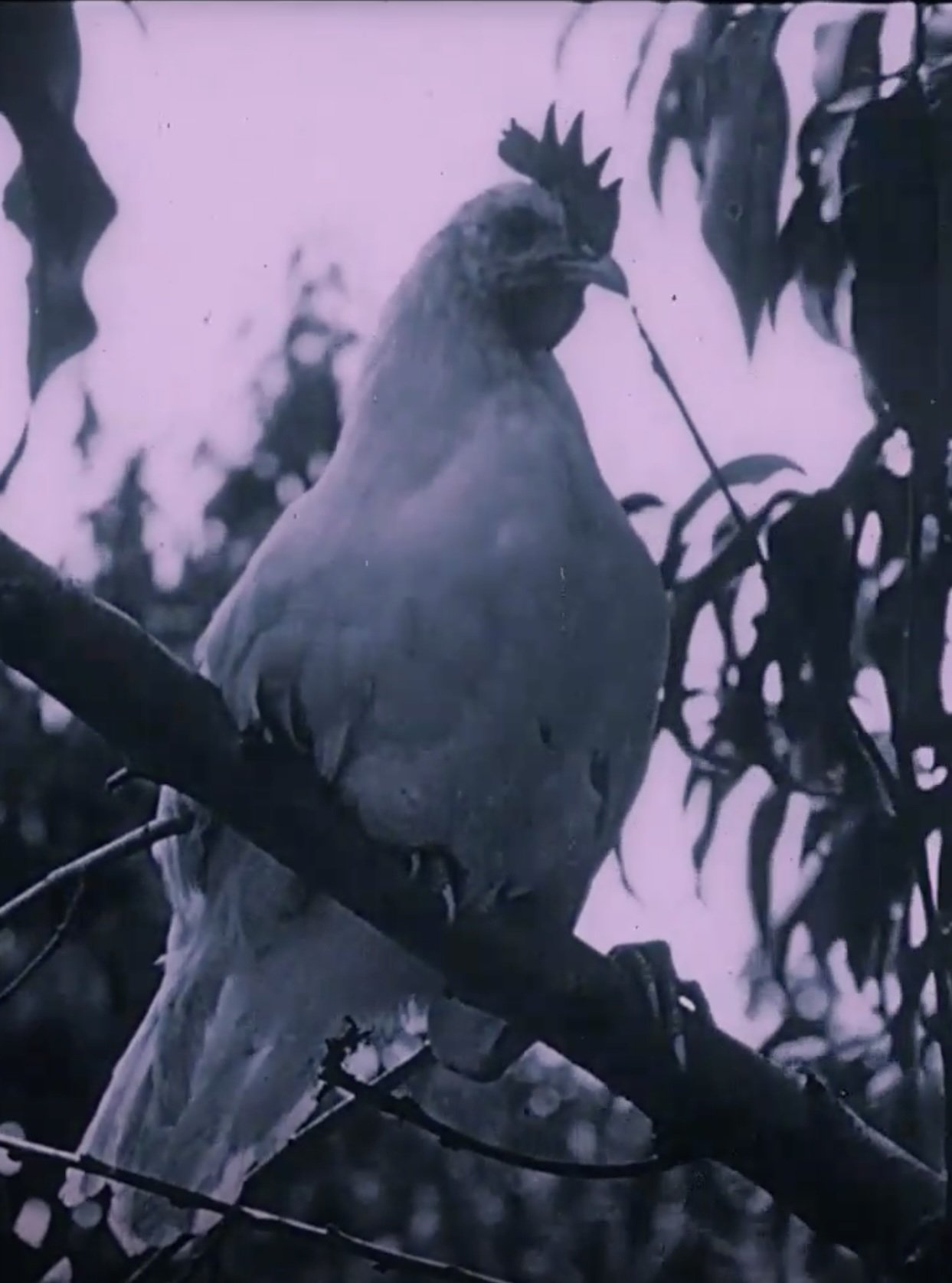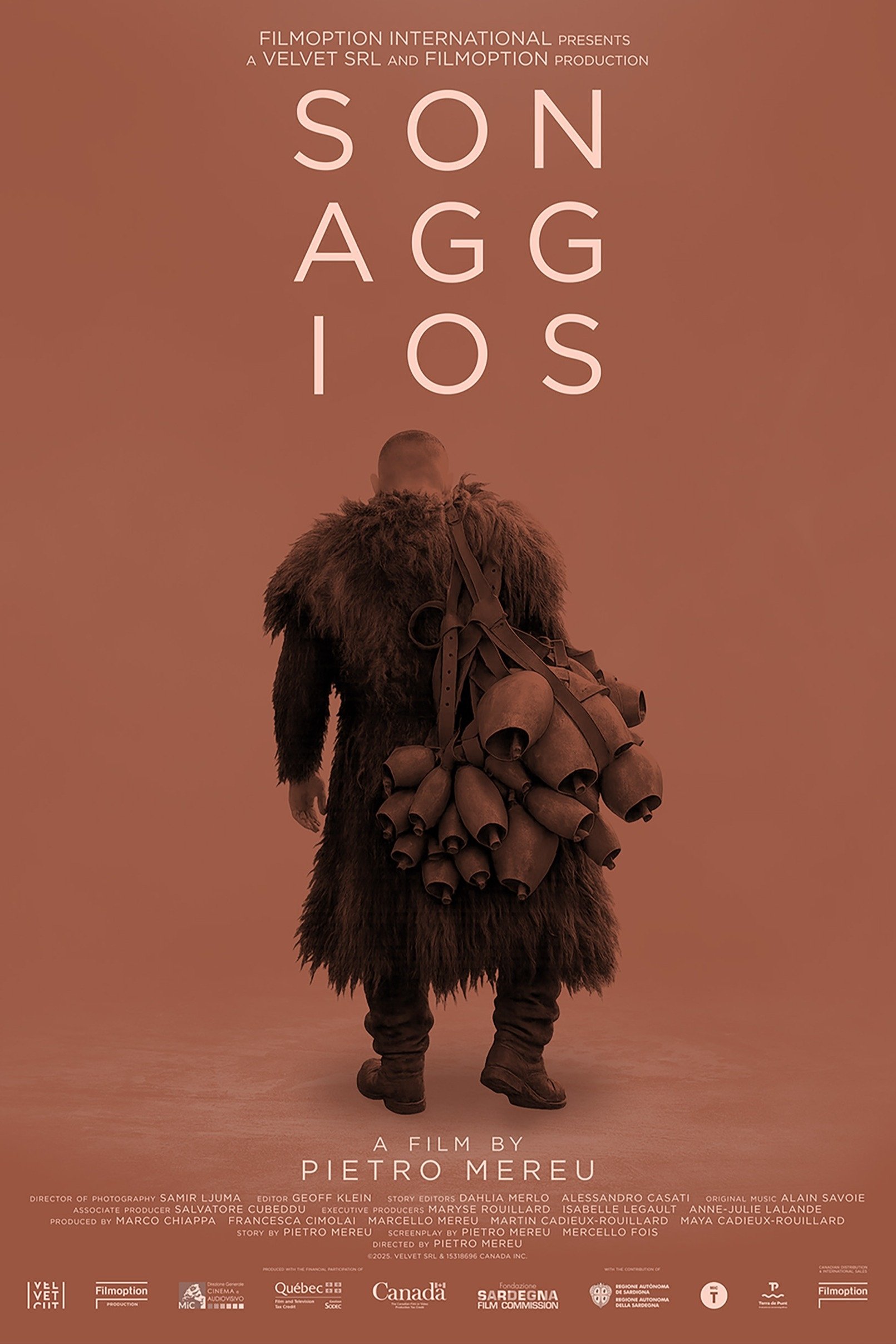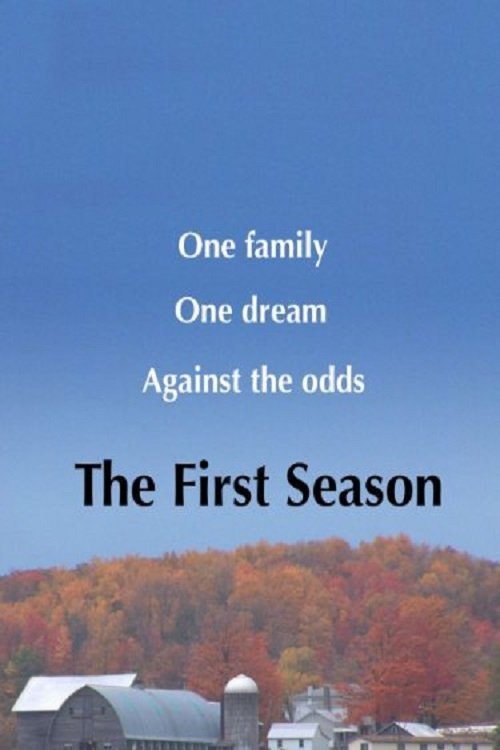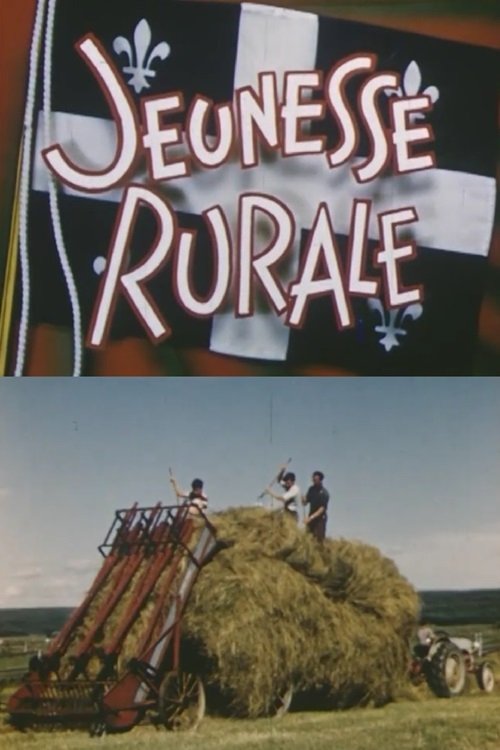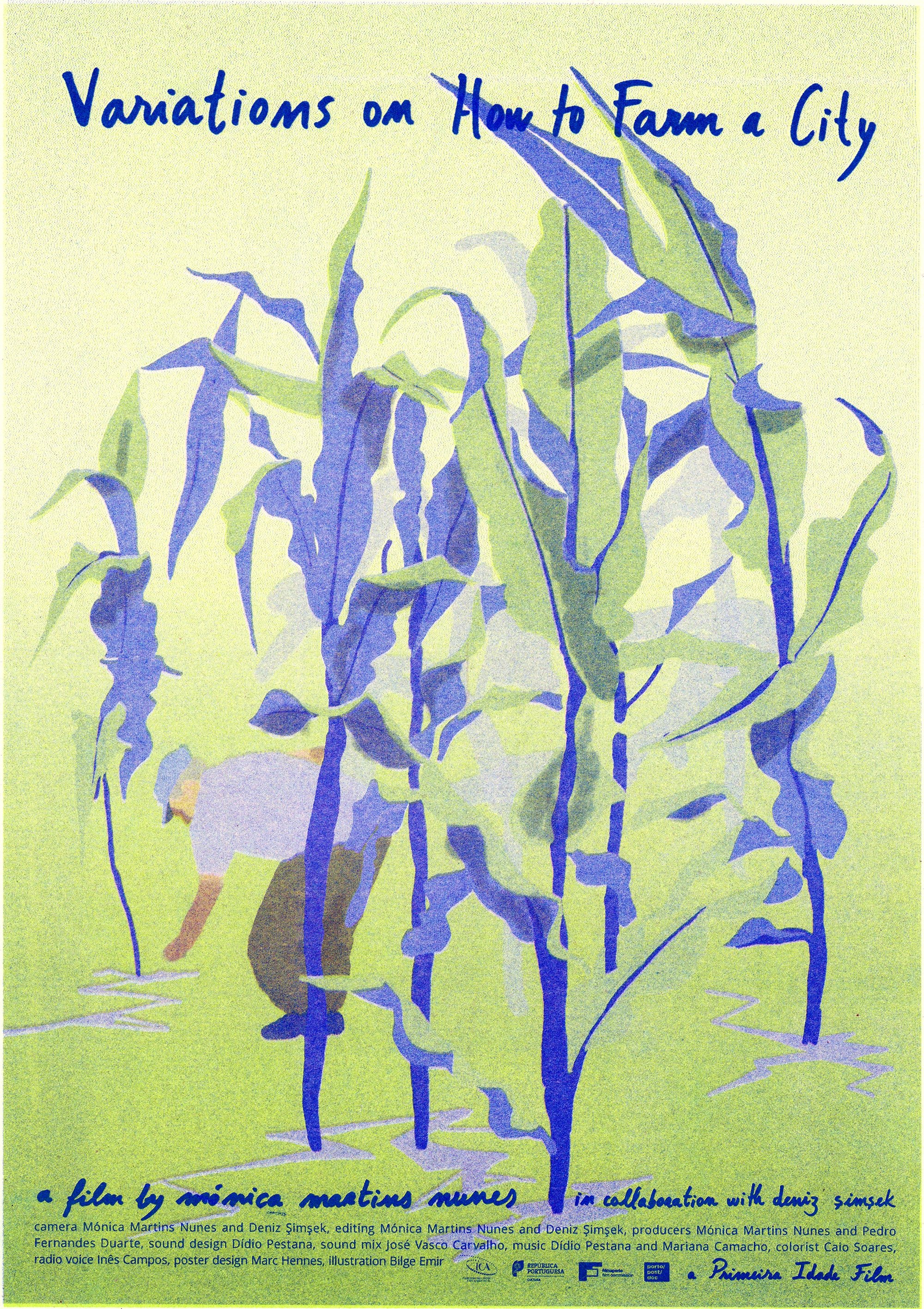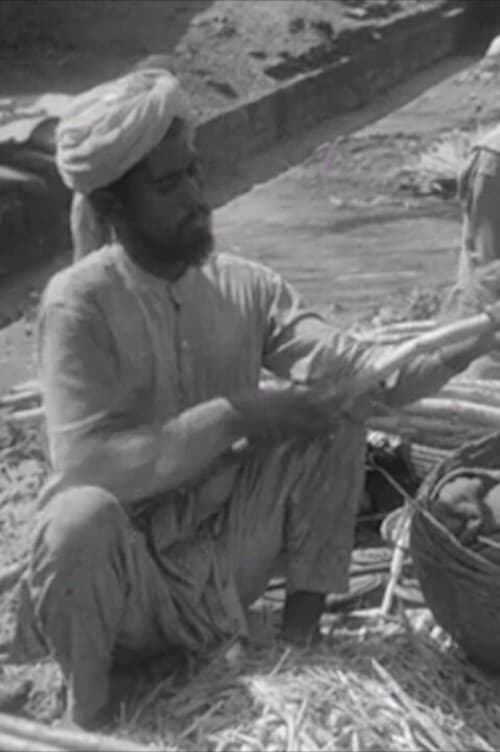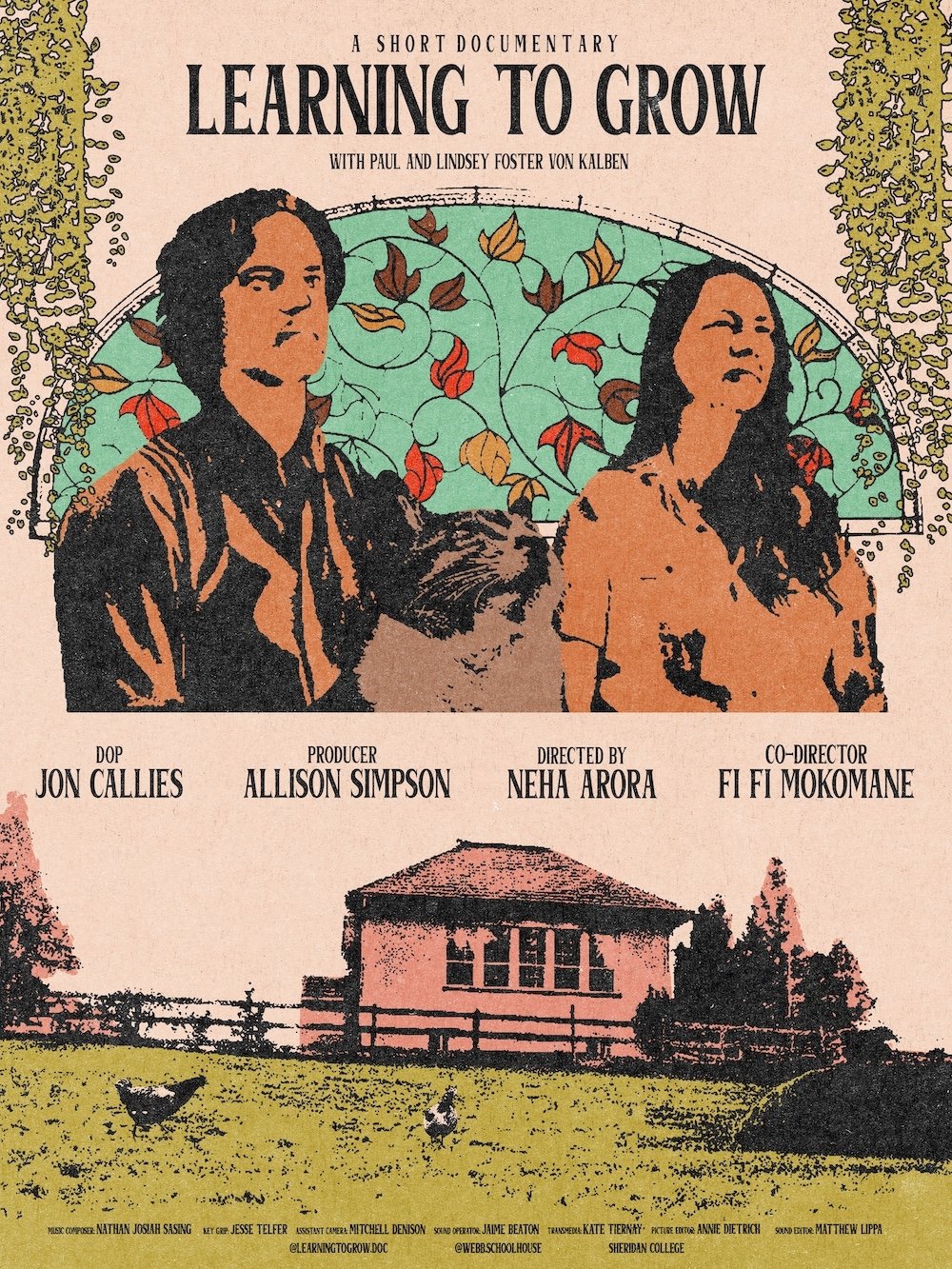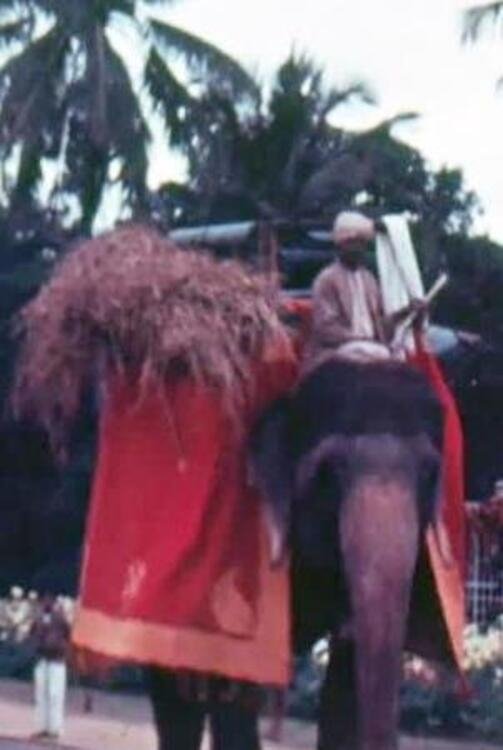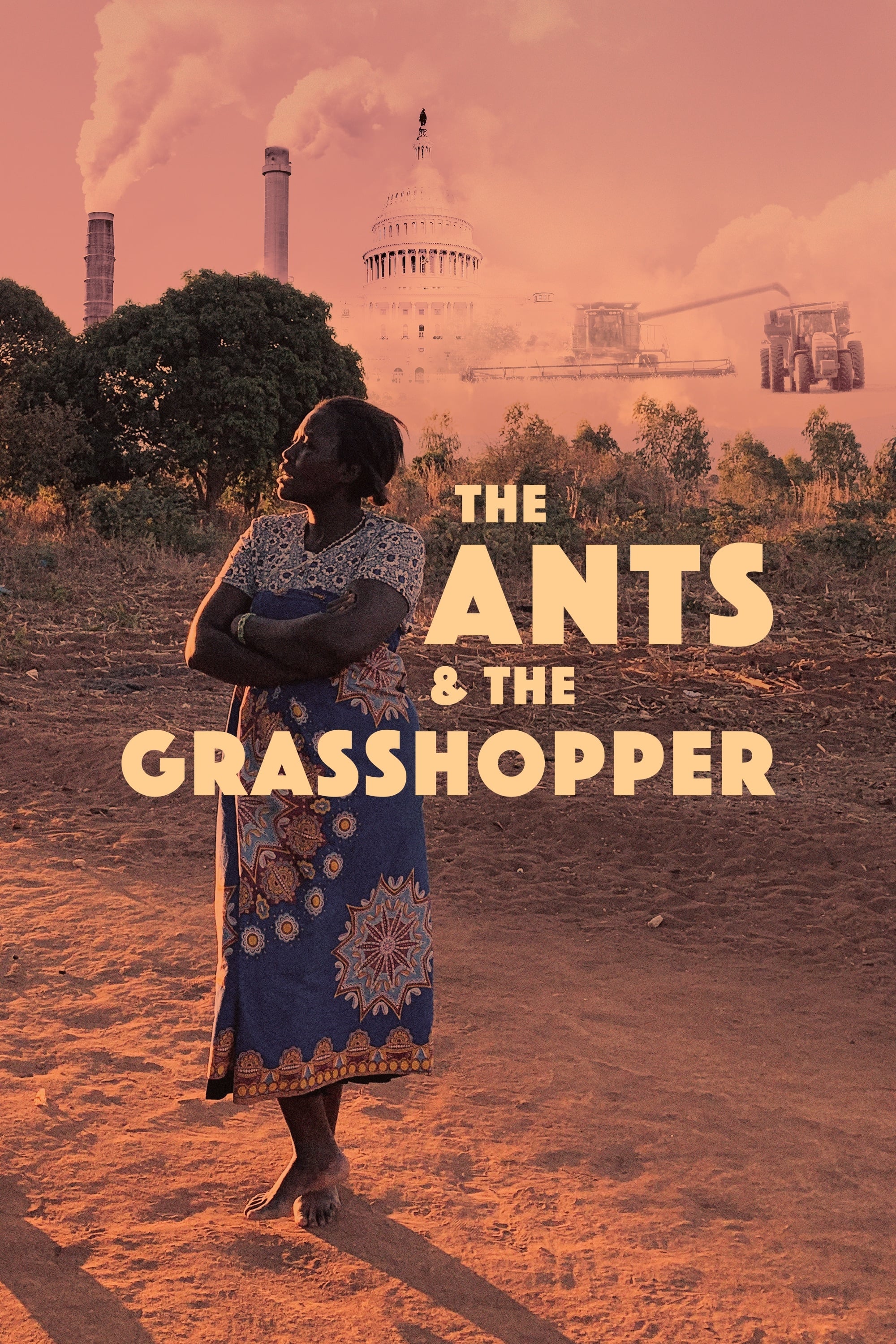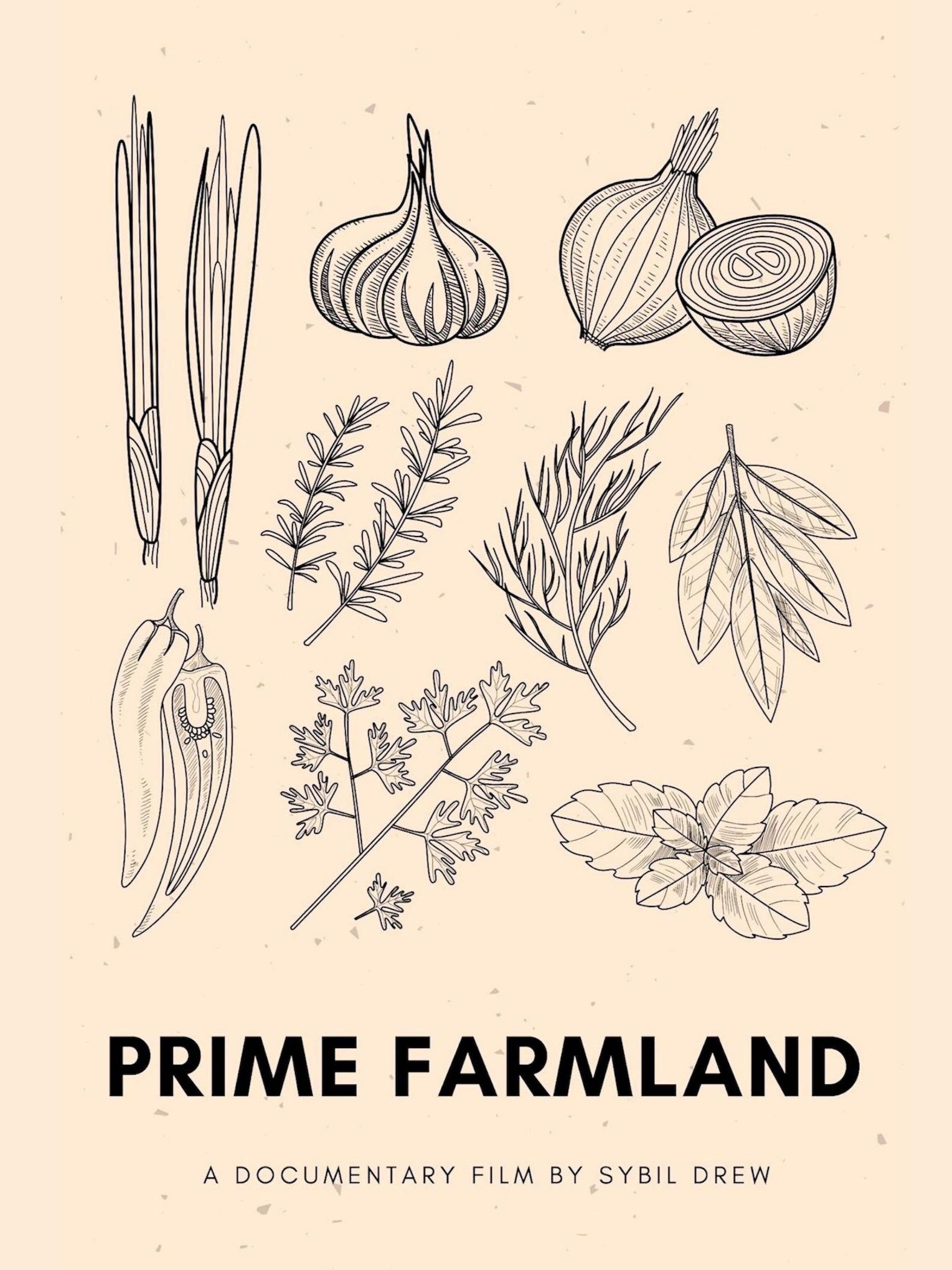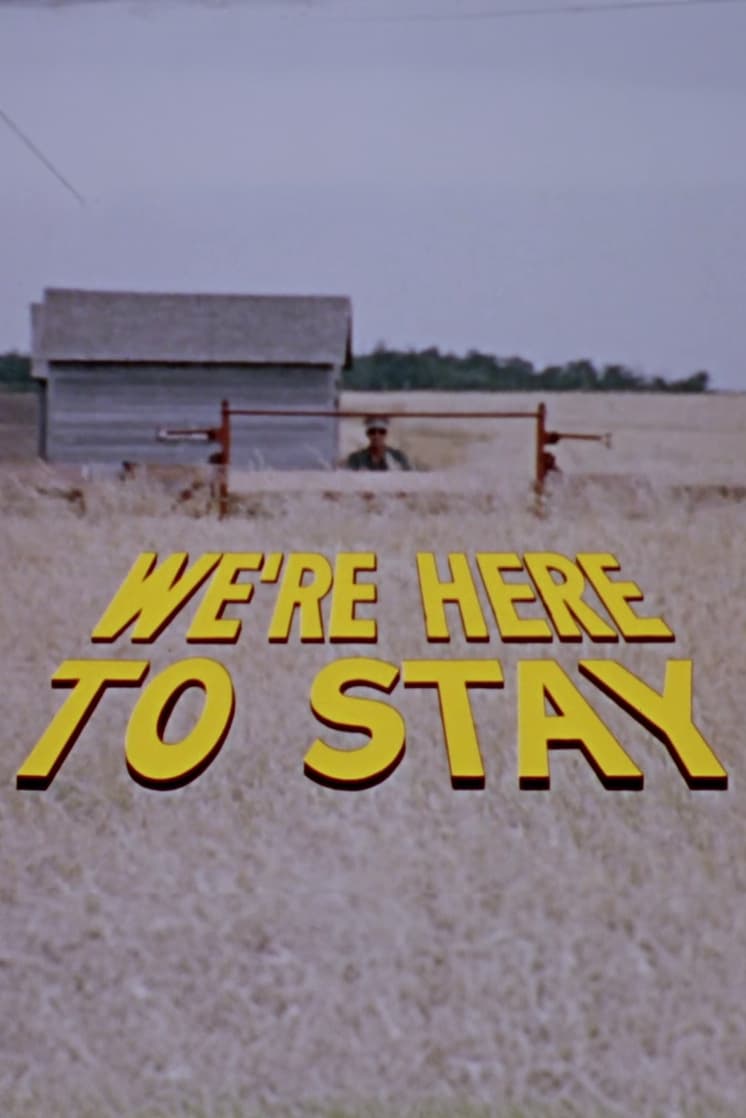
We're Here to Stay (1975)
Released:
1975-05-01
Duration:
28min
Genres:
Documentary
Rating 0.0
Overview
Farm families in Lestock, Saskatchewan, have pooled their resources so that rising operating costs will not drive them off their land. By pooling their land, their equipment, their livestock, and farming as a cooperative, they are able to live as they choose, to maintain their standard of living, and even to have some spare time left over to enjoy. An engaging look at a novel approach to big-scale farming.
Production Companies

ONF | NFB
Additional Info
| Budget | $0.00 |
|---|---|
| Revenue | $0.00 |
| Original Language | en |
| Popularity | 0.3473 |
Directed By
Ian McLaren
Crew
Sound Editor
Bernard Bordeleau
Bernard Bordeleau
Producer
Ian McLaren
Ian McLaren
Director
Ian McLaren
Ian McLaren
Original Music Composer
Jeffrey Ursell
Jeffrey Ursell
Director of Photography
Andreas Poulsson
Andreas Poulsson
Sound
Jacques Chevigny
Jacques Chevigny
